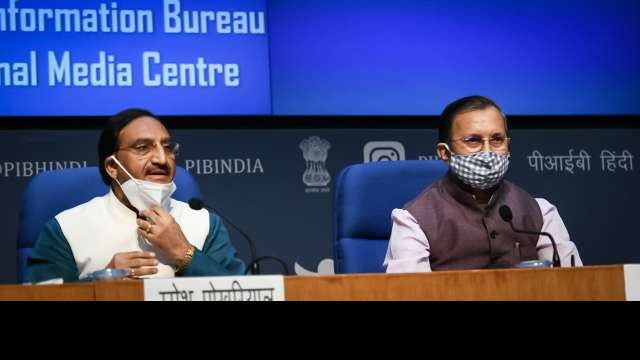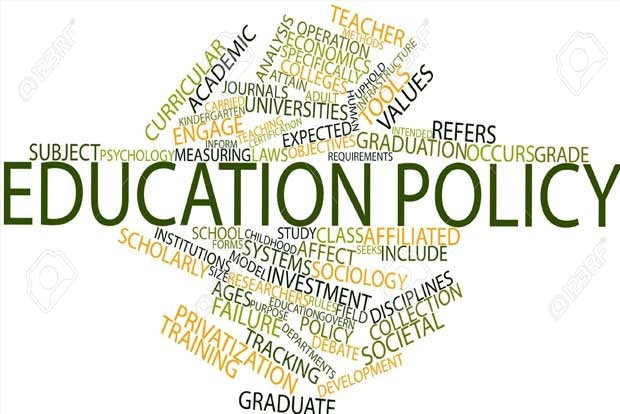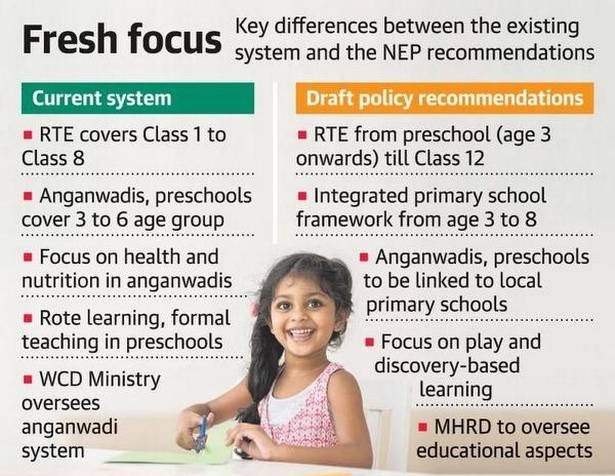Indian education policy and its structure has been changed after 34 years. HRD Minister Ramesh Pokhriyal Nishank said that this policy will pave an important path in revolutionizing Indian education system. This new effectwill prove to be a milestone in the construction of new India. For the first time in the history of the country, it has happened that everyone’s opinion has been taken on such a large level.

There will be only one factor for higher education in the country and it will have different horizons of scope and research. New skills (such as coding) will be introduced just from class 6th and extracurricular activities will be included in the main curriculum. The target is to increase spending in the education sector to 6 percent of GDP and to reach 50 percent of gross enrollment in higher education by the year 2035.
The pattern of the education has been changed from 10+2+3 to 5+3+3+4 now. The new education policy of the country will no longer have limitations in the opt for science, commerce and arts after high school. Students of science or engineering can choose subjects such as art or music, per their interest. The curriculum of the institutes will be such that emphasis will get laid on the development of public institutions. Moreover, they will have the option to run open distance learning and online programs.

Changing the new education policy, access to higher education and comprehensive education has been ensured. This will make sure India’s continued development, as well as support the leadership of economic development, social development, equality and environmental care, scientific advancement and cultural preservation on global forums.

The National Research Foundation (NRF) will be established which will promote research and innovators. The Ministry of Human Resource Development has now been renamed as Ministry of Education. Technology will be promoted in education (teaching, learning and assessment) and education will be promoted for disabled people through technology.
